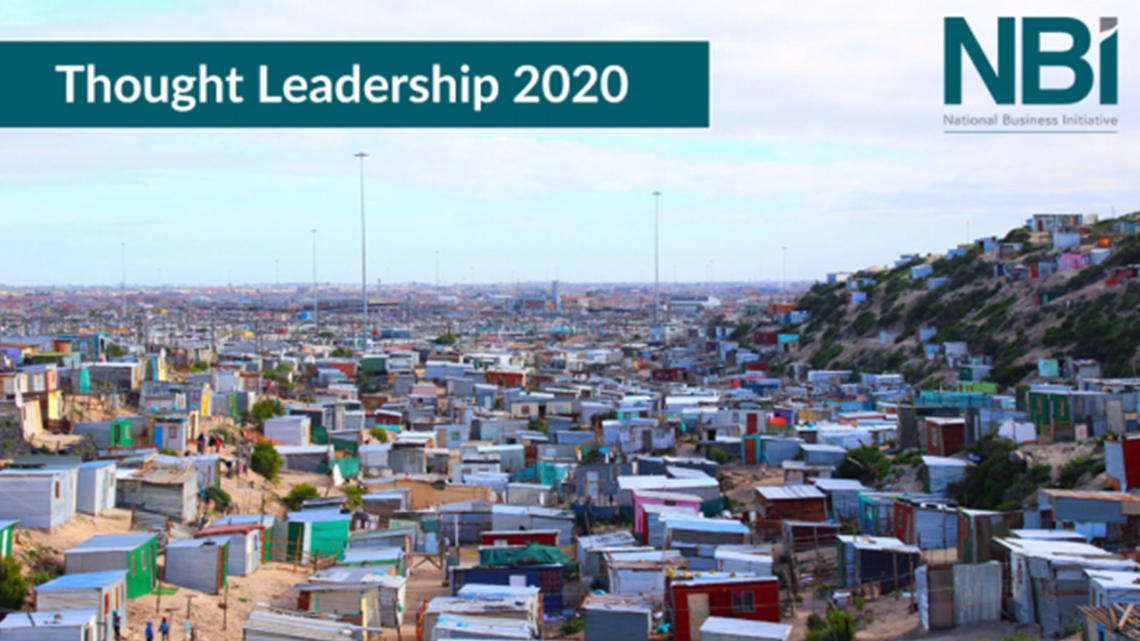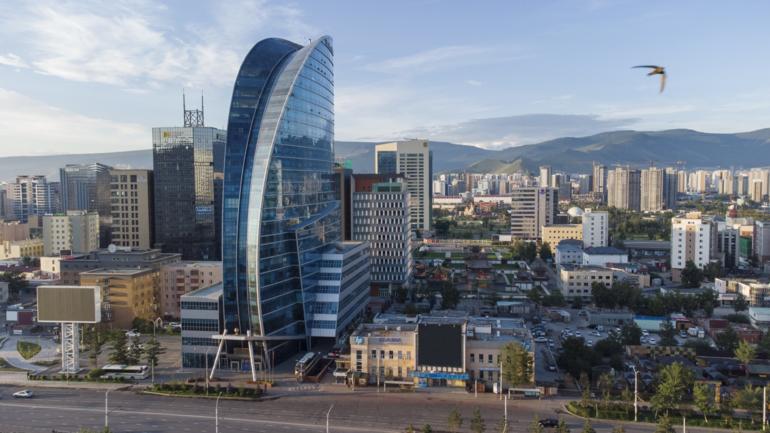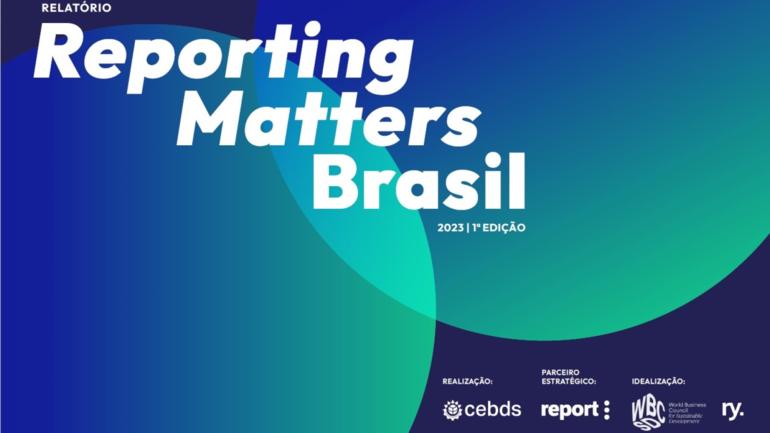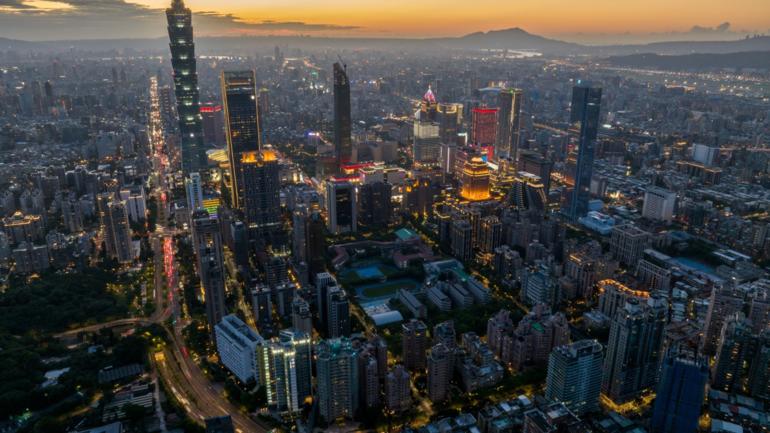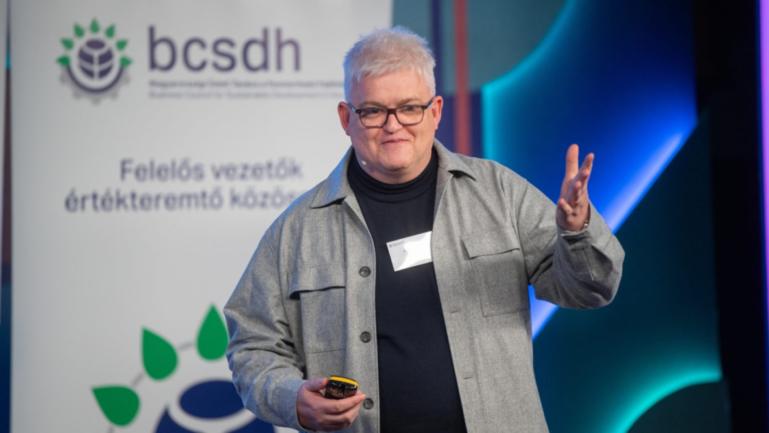Johannesburg, 18 June 2020: The National Business Initiative (NBI) has published a thought piece focused on the inequalities exposed by COVID-19. In the brief, author Steve Nicholls, NBI’s Head of Environment, argues: “COVID-19 has brutally laid bare the impact of inequality and historical privilege in many countries across the globe, but particularly in countries like South Africa, with so many marginalized individuals. And sadly, in the recent aftermath, it is apparent that nothing risks embedding the status quo quite like COVID-19.”
On the subject of recovery packages, he writes: “We must invest in sectors that are going to enrich our long-term competitiveness and not bolster already struggling sectors of the economy. However, this objective must be considered in the context of putting our people first. The National Government, in partnership with business and other social partners, must find the balance between short-term stimulation of the economy, the protection of jobs and livelihoods and the stimulus of a longer-term agile and competitive economy. As a nation we must challenge ourselves on these development issues across three timelines, where we cannot allow the investment in one to compromise the others: the immediate health and humanitarian crisis; short-term economic stimulus and recovery; and long-term economic competitiveness.”
In his view, “COVID-19 is fundamentally an accelerated simulation of how our global economies react to crises. Our collective response offers us several global lessons. On an enormously positive note, it demonstrates that global information sharing and cooperation is possible. The pandemic shows that inequality is a system weakness and not something to be taken advantage of in the global arbitrage of goods and services. It also shows that our response capacity is a collection of past decisions (often taken to the detriment of the poor and vulnerable) and that we can make better, more informed decisions going forward.”
He concludes: “As we emerge from COVID-19 lockdown and turn our minds to emerging from the ensuing recession, we need to make financial decisions that rebuild our country in a way which addresses the failure that is our national inequality, in order to build long-term economic competitiveness in South Africa. It is clear the economy we have now is not delivering on these goals, so is our opportunity to do something different. But this is also a global, political and multilateralism issue. Our collective strength is undermined by the populist nationalism and isolation so commonplace in the last decade. In the process of recovery, we need to address the universal structural issues that maintain global inequality. If we do not achieve this outcome, the system vulnerabilities will not only remain, but get worse.”
About the National Business Initiative (NBI)
NBI is a voluntary coalition of some 100 South African and multinational companies, working towards sustainable growth and development in South Africa and the shaping of a sustainable future through responsible business action, thereby demonstrating business action for sustainable growth. NBI was launched in 1995 by former President Nelson Mandela, initially to support the new democratic government.
NBI is a partner of WBCSD’s Global Network, an alliance of more than 60 CEO-led business organizations worldwide. The Network, encompassing some 5,000 companies, is united by a shared commitment to provide business leadership for sustainable development in their respective countries and regions.
More information
- Steve Nicholls, Head of Environment, NBI
- South Africa: Vision 2050 dialogues hosted by the National Business Initiative (March 2020)

